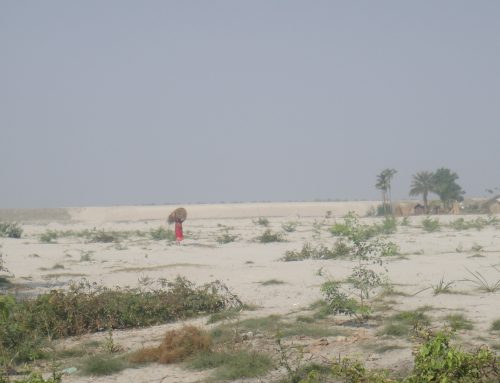The Brexit vote, referendum in Turkey and Trump presidency. The waves of nationalist populism in the global North have awaken fears in the research communities. The repercussions for researchers have in the short-term varied between inconveniencing and deadly. The mobility of European researchers between the U.K. and the rest of Europe has become more cumbersome and the anti-immigration attitudes that flamed around the Brexit vote have affected also researchers wellbeing. Meanwhile, in the United States the whole public system seems to be shaking and among others the Environmental Protection Agency has been heavily affected with adverse consequences predicted to hit everything between tap water quality and climate change (Tabuchi 2017). In Turkey, academics suspected of dissenting Erdogan’s politics have been purged (Reuters 2017).
The direct short-term effects on researchers’ ability to carry out their work and make a living are entangled with a larger concern about role of science in societies. There have been talks about the post-Truth, post-factual and post-intellectual era. The terms imply that there was a time when decisions people made decisions based on rational evaluation of facts, while trusting “intellectuals” to hold the Truth. Critics have been quick to point out that leveraging affect in history of politics has been the rule, rather than the exception.
Yet, even if drawing a causal relationship between populist politics and appreciation of science under the banner of “post-Truth” might be quite a stretch, researchers are (rightly) worrying about the contemporary appreciation of science under the reign of simultaneous austerity measures and populist politicians. For example in Finland, some politicians see the knowledge and attitude held by researchers as outdated, inactionable and passive. In Finland the lay-offs at universities and the restructuring of research funding towards a more market-driven approach have subjected Finnish researchers to an increased precarity.
In the natural sciences researchers conducting basic research are under pressure to frame their research in terms of concrete and profitable outcomes in the short-term. Under the market logic the long-term development of ideas is framed as waste of resources and rooted academic research is viewed like R&D without the D and the “innovation”. The plight experienced by social scientists is similar. While postmodernity has dug some ground from under the universal Truth claims, the rooted analysis, descriptions and viewpoints provided by social sciences are useful in understanding the societies we live in. Yet, academic social sciences is seen non-commodifiable fuel for making certain kinds of politics.
The Academic institution is not perfect. It carries a heavy Eurocentic aura. Researchers are incentivized to write amongst themselves and publish piecemeal in journals. Yet, echoing Latour, it is the best thing we have for understanding where we come from, where we are and where we are going. The search for research impact through short-term quantifiables and applicable solutions under a pressing market-logic can lead to loss of deeper perspective. It is important for researchers to ask how their work can serve the planet and humanity that feed them. Commodifying research in the search of “impact” should not be the only alternative to serving.
Purge of academics leaves future of Turkish universities in doubt. (2017, March 1). Reuters. Retrieved from http://www.reuters.com/article/us-turkey-security-academics-idUSKBN1684DE
Tabuchi, H. (2017, April 10). What’s at Stake in Trump’s Proposed E.P.A. Cuts. The New York Times. Retrieved from https://www.nytimes.com/2017/04/10/climate/trump-epa-budget-cuts.html




